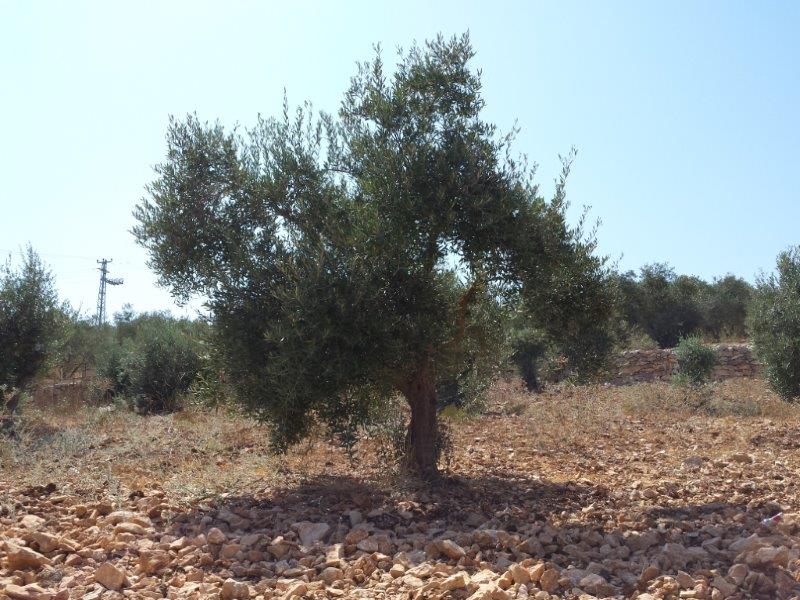
I will expand on the relationships between Palestinians and Jews, and on a particular group of Palestinians, the Jahalin Bedouins, in later essays.
The Israelis
The Israeli population is made up primarily of Jews (76%). Twenty percent are Arabs (most of which are Muslim), and 4% are of other ethnic groups. 63% of the Israeli population is either first or second-generation immigrants. Furthermore, 37% of the Israeli population is of Euro-American origin, 15% of African origin and 12% of Asian origin (Israel Central Bureau of Statistics, 2010). The State of Israel exists since 1948 and in its early years, Israel needed to absorb large waves of immigrants. These immigrants brought with them a variety of cultures. In an attempt to accommodate to the different cultural groups the idea of a social “melting pot” was created, in which “the interactions between the different groups yield a new essence, social and cultural, while the groups lose their original cultural attributes or have them considerably weakened” (Yuchtman-Yaar, 2005, p. 93). Israel is often seen as a Western democracy, but its commitment to the value of cultural pluralism – which is central in most Western democracies – does not seem to be strong. It was argued that the national agenda leaves no room for Israeli Palestinians, favors the culture and traditions of Jews of European and American origin and is biased against the cultures and traditions of Jews of Asian and African origin (Yonah, 1994). In recent years, the absorption of Ethiopian Jews and large numbers of immigrants from the former Soviet Union became a major socio-cultural challenge. Moreover, the complex situation of second generation immigrants called for dealing with issues such as transnationalism and inequalities based on race, nationality, religion, and citizenship (Elias & Kemp, 2010). As a result of the diversity of Israeli cultures, it is possible to recognize in Israeli society as a whole a blend of individualistic and collectivistic values (Halabi & Sonnenschein, 2007; Oyserman, 1993; Sagie et al., 2005).








